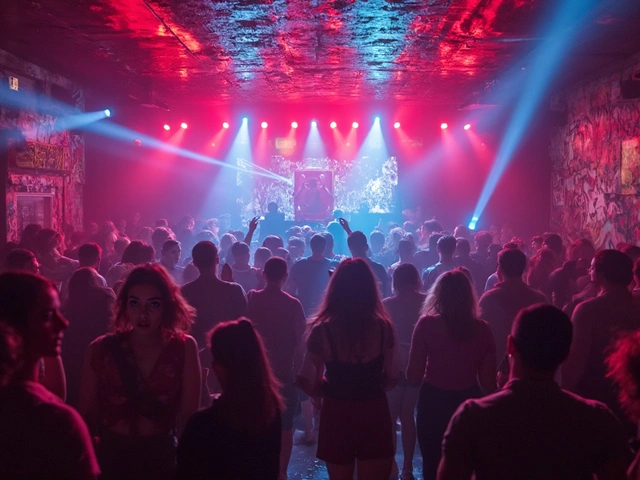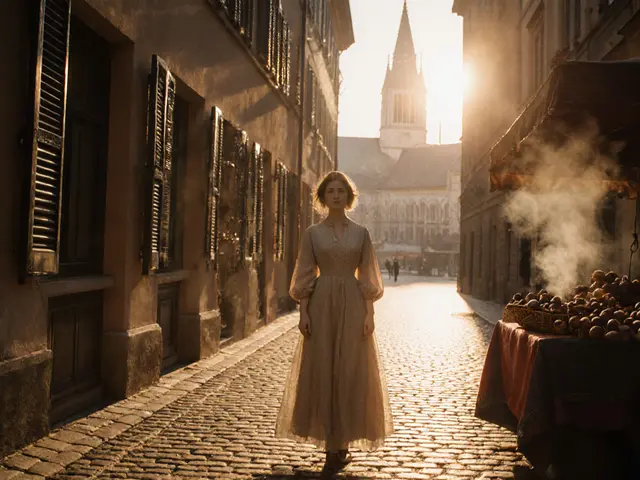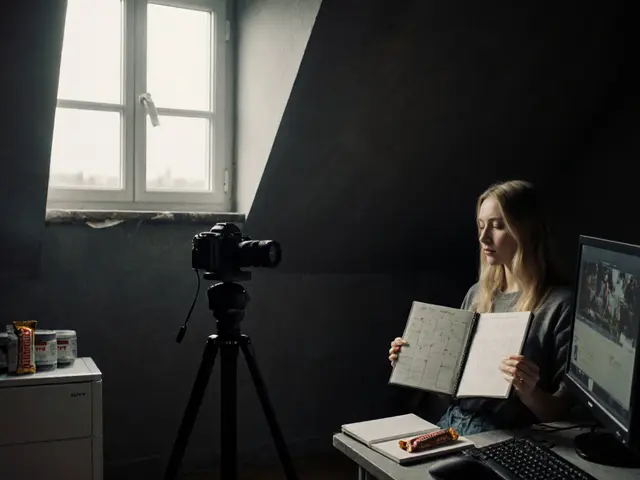Lexy Roxx’s Munich: A City of Fire
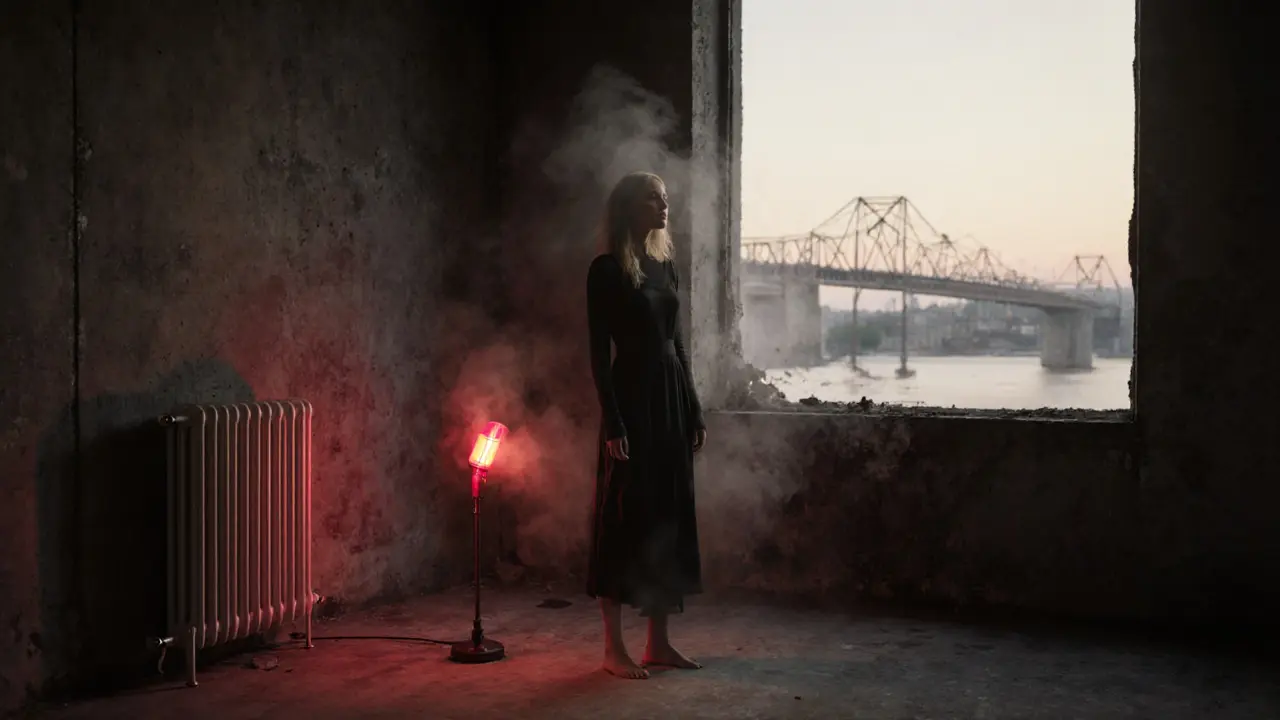
- Maximilian Von Stauffenberg
- 3 November 2025
- 0 Comments
Lexy Roxx doesn’t just perform on stage-she builds worlds. And when she talks about Munich, it’s not the beer halls or the Alps people expect. It’s the fire. The kind that lingers in alleyways after midnight, the kind that burns in the quiet moments between takes, the kind that doesn’t fade even when the lights go out.
Her Munich Isn’t the Tourist One
Most visitors see Marienplatz, the Glockenspiel, the Christmas markets. Lexy Roxx saw something else. She saw the backstreets of Schwabing where the neon signs flicker over old brick buildings. She saw the 2 a.m. diners where crew members from late-night shoots ate cold fries and talked about directors who never said thank you. She saw the train station at 3 a.m., the one where she once waited for a ride after a 14-hour shoot, wrapped in a coat two sizes too big, staring at the platform lights like they were the only thing keeping her grounded.Munich didn’t give her fame. It gave her space. Space to be loud when she needed to be, quiet when she needed to disappear. She didn’t come here to be seen. She came here because no one knew her name yet-and that was the point.
The Fire That Built Her
Lexy Roxx didn’t start in Munich. She started in a small apartment in Berlin with a ring light, a secondhand camera, and a laptop that overheated every time she recorded. But Munich? Munich was where she learned to own her voice. It was where she met the director who told her, “You don’t need to be perfect. You just need to be real.” That was the first time she cried on set-not from shame, but from relief.She filmed her breakout scene in an old warehouse near the Isar River. No fancy set. Just concrete, steam rising from a broken radiator, and a single red lamp. The crew was tired. The producer wanted to wrap. But Lexy asked for five more minutes. She didn’t say why. She just stood there, barefoot, breathing slow, and let the silence speak. That clip got 12 million views in 72 hours. Not because it was flashy. Because it felt like someone was finally telling the truth.
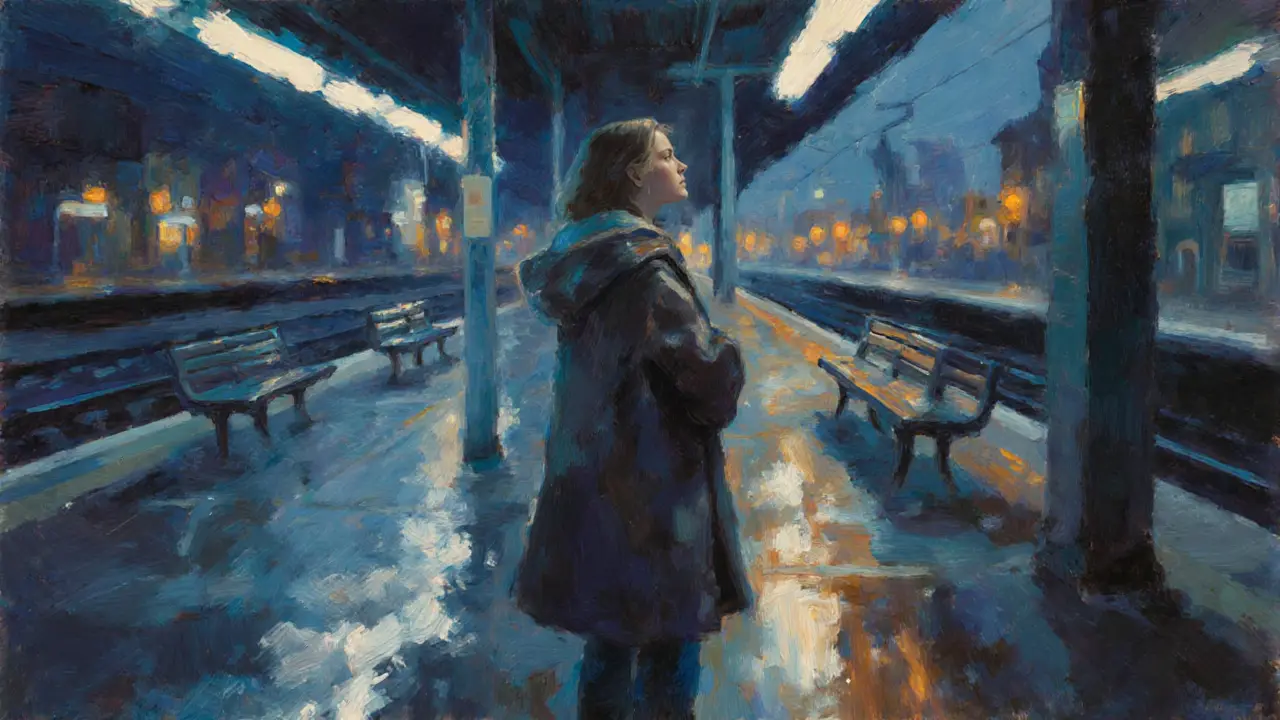
Where the City Meets the Camera
Munich’s rhythm is different from Berlin’s chaos or Hamburg’s grit. It’s structured. Clean. Controlled. And that’s exactly why it worked for her. In a city where everything has its place, she learned to break the rules without breaking herself. She’d walk through the Englischer Garten at dawn, headphones on, listening to old jazz records, thinking about the next scene. She’d sit in a quiet café near the Pinakothek, sketching ideas in a notebook no one else would ever see.She didn’t need the glamour. She needed the stillness. The kind that lets you hear your own thoughts over the noise of expectations. Munich gave her that. Not because it wanted to. But because it didn’t care enough to stop her.
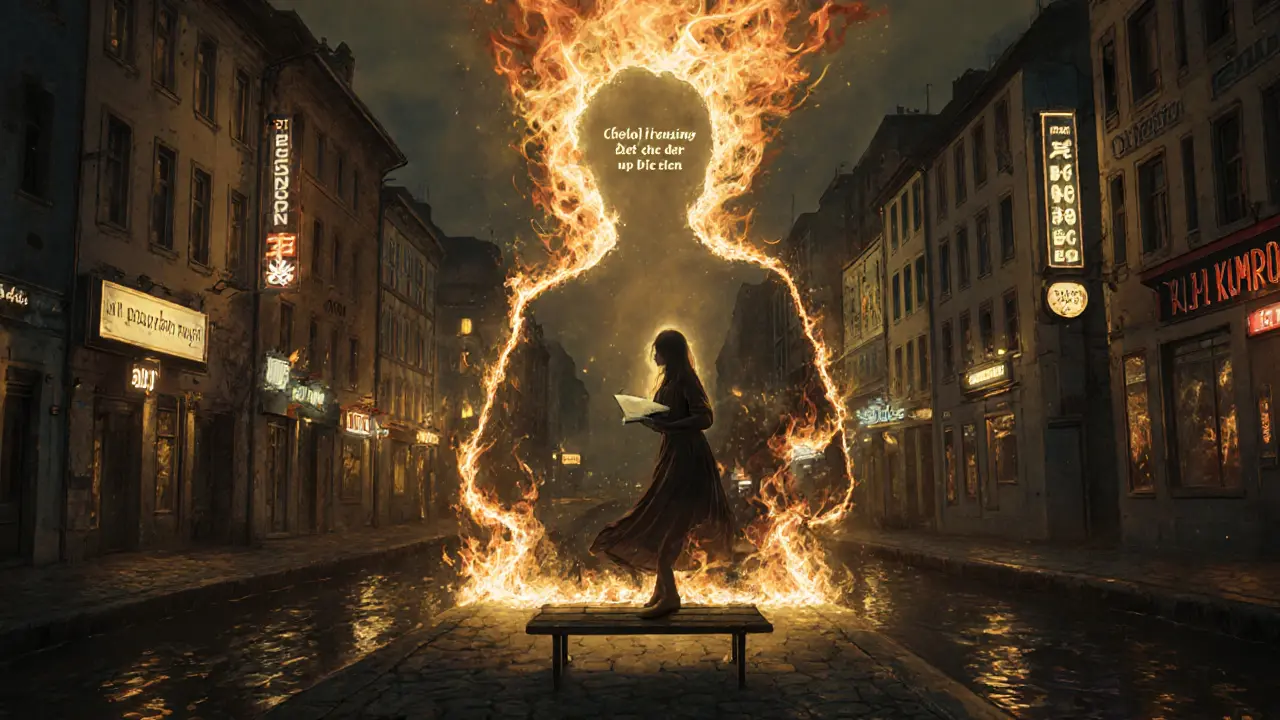
The Aftermath of the Fire
Now, when people ask her about Munich, she doesn’t talk about the city. She talks about the people. The bartender who never asked her name but always made her tea with lemon. The security guard at the studio who nodded at her every morning like they were old friends. The woman in the pharmacy who handed her painkillers without a prescription and said, “You look like you’ve been carrying the world.”She doesn’t live there anymore. She moved to Lisbon last year. But she still goes back. Not to shoot. Not to promote. Just to sit on the same bench by the river where she wrote her first script. She brings a notebook. She writes one sentence. Then she leaves it there.
Why This City Still Matters
Lexy Roxx’s Munich isn’t a place you find on a map. It’s a feeling. It’s the moment you realize you don’t need permission to be who you are. It’s the silence between the screams. The pause before the climax. The breath you take when you know you’ve done something real.Other cities gave her opportunities. Munich gave her identity. It didn’t make her a star. It made her a person who could stand in front of a camera and say, “This is me,” without flinching.
That’s why, when you ask her what Munich means to her, she doesn’t say “home.” She says, “The place where I learned to burn without being consumed.”
Is Lexy Roxx still active in the adult industry?
Yes, Lexy Roxx remains active as a performer and content creator. She shifted focus in 2024 to producing her own projects, giving her full creative control over scenes, themes, and collaborations. Her work now emphasizes authenticity over spectacle, and she often collaborates with independent directors who prioritize emotional depth.
Why is Munich significant to Lexy Roxx’s career?
Munich provided Lexy Roxx with the quiet, unglamorous space she needed to grow. Unlike larger production hubs, Munich offered distance from industry pressure, allowing her to develop her voice without constant scrutiny. Key scenes that defined her style were shot there, and the city’s reserved culture helped her build resilience and self-trust.
Did Lexy Roxx film all her work in Munich?
No. While Munich was pivotal for her early development and several landmark scenes, she has filmed in Berlin, Lisbon, and even rural Spain. But Munich remains the emotional center of her work-the place where she first felt free to be unapologetically herself on camera.
Can fans visit locations tied to Lexy Roxx in Munich?
Some locations are publicly known, like the bench by the Isar River where she often sat to write. Others, like the warehouse where her breakout scene was filmed, have been repurposed or demolished. She never publicly disclosed exact addresses out of respect for privacy. Fans are encouraged to explore Munich’s quieter corners-not to find her, but to find their own moments of stillness.
What’s the difference between Lexy Roxx’s work and mainstream adult content?
Lexy Roxx’s content prioritizes emotional realism over performance. Her scenes often include unscripted moments-silence, hesitation, eye contact-that most studios cut for pacing. She works with smaller crews, avoids excessive lighting, and insists on full consent protocols. Her approach has influenced a growing niche of creators who value intimacy over spectacle.

